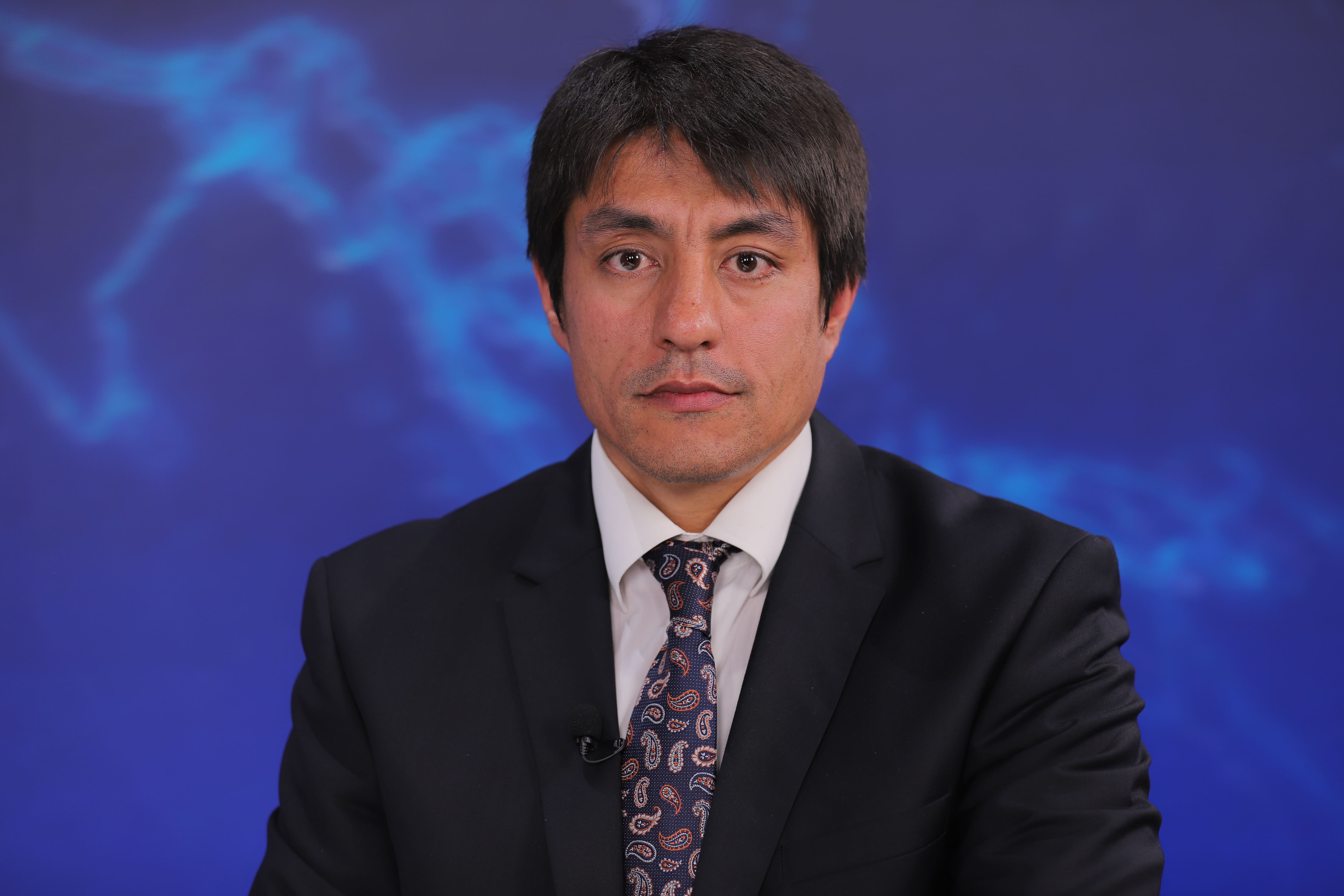
Senior Research Fellow
Hamza Muratbayevich Boltaev
Senior Research Fellow at the Centre for Afghanistan and South Asian Studies.
At this position, he is responsible for studying and analyzing the region as well as developing analytical reports and materials. And also participates in seminars and conferences regarding the regional issues.
Hamza Boltaev is a lawyer and systems analyst. In 2010, he graduated from the Academy of Internal Affairs of the Republic of Uzbekistan. In 2014, he graduated from the Higher School for Strategic Analysis and Prognosis of the Republic of Uzbekistan, and in 2021, from War Studies Department at King’s College London.
During his career, he successfully worked in different senior and managerial positions in the system of Ministry of Internal Affairs of the Republic of Uzbekistan in 2010-2018, including in the field of combating terrorism and extremism at the Main Department of Internal Affairs of Tashkent city. In 2018-2020, he worked as a senior analyst at the Center for Mass Communications of the Agency for Information and Mass Communications under the Administration of the President of the Republic of Uzbekistan, as well as a leading researcher at the Center for Scientific and Applied Research of the University of Public Safety of the Republic of Uzbekistan in 2022.
E-mail: hamza.boltaev@iais.uz